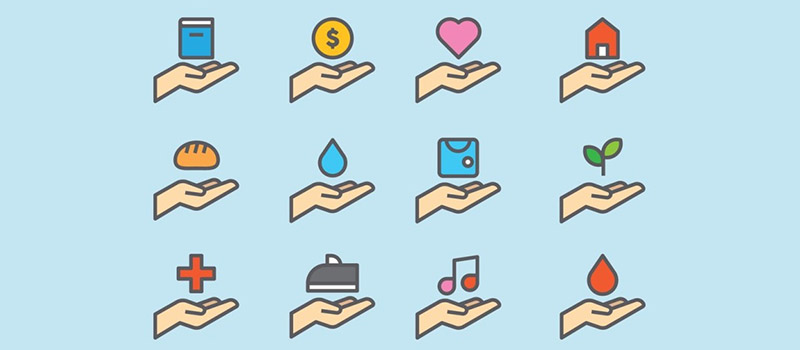
Back to human LINKEDIN | 30 JULY, 2020
It is a gloomy story all around with covid-19 creating a cataclysmic disruption not seen in decades. But among the ruins, there are some interesting ‘back to human’ trends that should not be missed. Humanity has been progressively challenged by issues of ethics, race, apathy towards environment, automation, artificial intelligence, ugly capitalism and inequity. Would the current crisis lead to a renaissance of more positive human instinct? Let’s analyze the green shoots that give us some hope.
- Rise of self-esteem: We found extra time to introspect and weigh our importance, strengths, positive qualities, triggers of happiness and other moods. This is helping us raise our worth as success is not defined by money, fame or career in this period. The softer aspects of life have come to the fore. People are becoming poets, mentors, musicians, podcasters, writers, preachers, technophiles and many more. Self-help is the default mechanism to boost the self-worth. In the process, we have dug deep into passions, creativity and reservoirs of self-esteem. Everyone may be a winner in this race.
- Care and concern: The suffering has been universal. If anything, the disadvantaged have got more of the bitter end. Sympathy, financial support and physical help are pouring in from all directions. Hardened hearts are melting. Health workers, law enforcement officers and public service personnel have by and large thrown their full commitment to the cause of mitigation and relief, often endangering their own safety. This sentiment is likely to stay with people and there could be a longer term positive impact as well. Philanthropy, kindness and compassion come into everyone’s agenda now. Hopefully, tax compliance will improve as well!
- Reassessment of life’s priorities: We have read about consumers shopping only for the bare essentials or desisting from self-pity or even redefining ‘essentials’. Learning, giving, conversations and respect for people (and habitat) are partly replacing the role of money, fame and status. I only have anecdotal impressions but I hope it has reached far and wide. Aggressive posturing for power and fame could be considered crasser than in the past. Laid humble by the fury of the disease and served with equal privileges as any, humility could see a resurgence.
- Living with disappointments: A large number of college entrants are unhappy that their exciting university life is not going to start this year. But many are choosing to test the option of ‘gap year’ to douse the disappointment in a better way. Job seekers will see similar frustration but resilient people will find the equilibrium. People have seen their financial savings disappear or incomes slashed. This sudden grave situation is tickling human adaptive cells to cover the disappointment and keep ploughing on. That the misery is shared is helping matters as well.
- Sharing knowledge: We find that the number of ‘free’ webinars, online lessons, skype classes and audio and video tutorials have gone up exponentially in this period. I know of friends who sign up for one or two every day. The good Samaritans who share their expertise and knowledge must have realised that the next best thing to monetizing their skill is to share it freely. And those with a learning bent of mind are lapping it up. Everything from yoga to machine learning to stress management to conflict resolution to happiness is available online for free from accredited coaches. You can bank a good number of new skills in this period and transform yourself.
- Society vs individual: I would also like to think that the many decades of individualistic orientation could shift, albeit slowly, to a collective sentiment. Friends are getting back together again via tech platforms, large number of competing musicians are performing together, companies are working in tandem to deal with common issues, schools are pooling best practices and many governments are working on bi-partisan basis. Selfish interests have retreated to the back bench and fraternity approach is more common.
These trends are global and powerful. They are bound to change the landscape of humanity in the years to come. The young generation, who are in their impressionable ages during this crisis. are likely to develop a totally different value system compared to the generations before. One hopes that the backstop valve is in place so that people don’t retreat to old less desirable ways.


